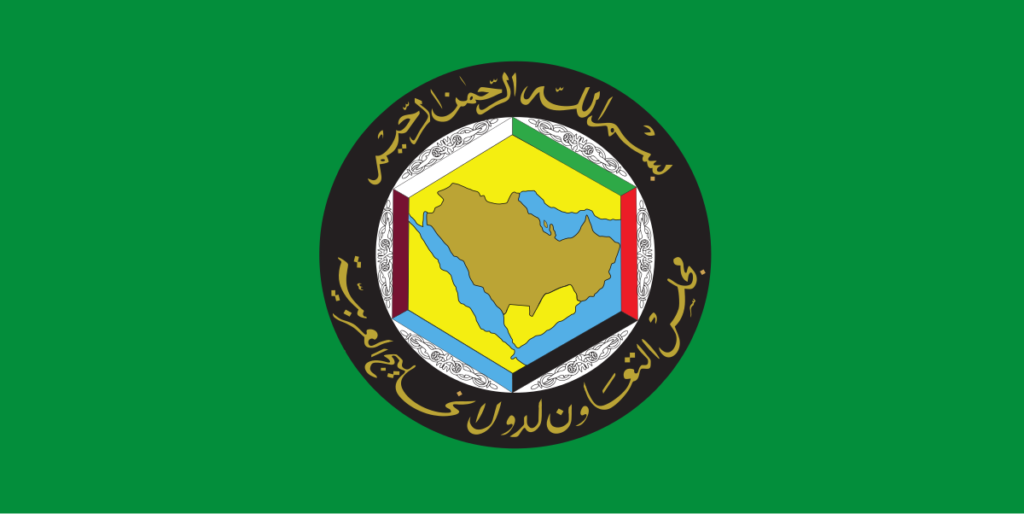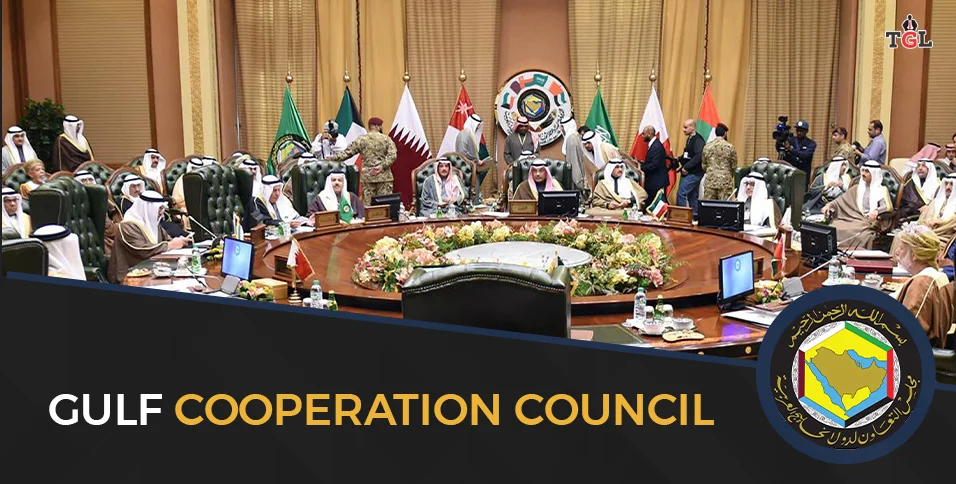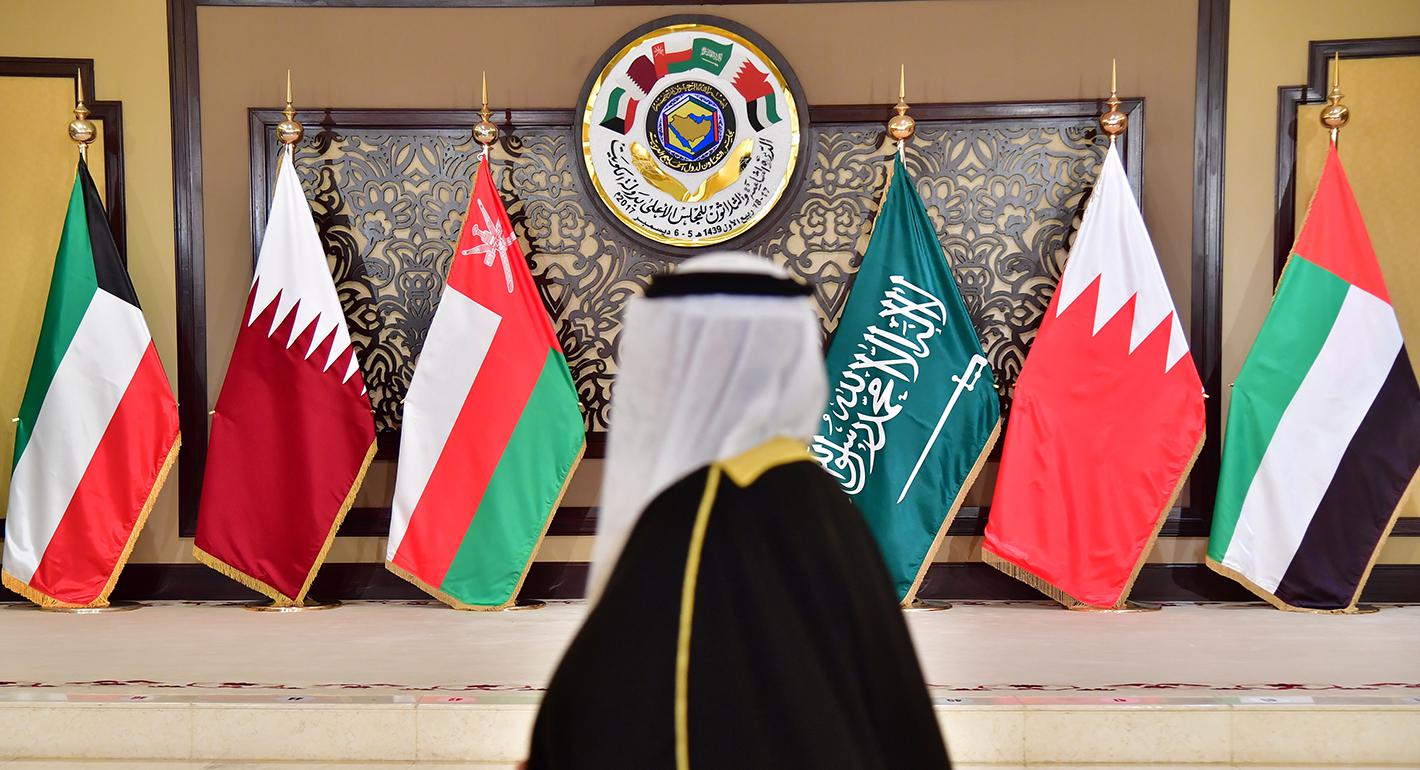The Gulf region has long been recognized as a center of economic vitality, cultural richness, and political significance. Over the years, the member states of the Gulf Cooperation Council (GCC) have increasingly realized the importance of working together not only for shared economic prosperity but also for the modernization of governance and administrative policies. Regional cooperation has emerged as a powerful driver of reforms that touch every aspect of public administration, from service delivery and digital transformation to labor management, security coordination, and long-term planning. The Gulf countries have discovered that unity is more than a symbolic value it is a practical instrument for shaping policies that respond to the needs of their citizens and prepare for a rapidly evolving global environment.
Shared Vision for Modern Governance
One of the most significant outcomes of regional cooperation has been the development of a shared vision for governance across the Gulf. The GCC countries often align their long-term strategies, such as Saudi Arabia’s Vision 2030, UAE’s Centennial 2071, and similar national plans in Qatar, Bahrain, Kuwait, and Oman. While these strategies are distinct, they share a common thread: modernizing government structures, making public services more efficient, and preparing economies for a post-oil future.
This alignment encourages countries to learn from one another. When one nation adopts a successful administrative reform, such as digital government platforms or smart city initiatives, others often follow with their own adaptations. Regional forums, councils, and ministerial committees serve as platforms where leaders exchange ideas, evaluate successes, and identify challenges. The outcome is a convergence of governance styles that retain cultural uniqueness but share efficiency, transparency, and inclusiveness as guiding principles.
Strengthening Digital Transformation
In the age of technology, administrative modernization is inseparable from digital transformation. Regional cooperation has significantly accelerated digital governance in the Gulf. By working together, Gulf countries are developing interoperable platforms, enhancing cybersecurity, and introducing e-services that cut across borders. Citizens and residents increasingly expect government processes to be as seamless as private sector transactions, and regional collaboration helps governments meet this demand.
Joint projects in areas such as blockchain applications, cloud computing, and digital identity systems demonstrate how pooling knowledge benefits every state. A common framework for digital policies not only reduces duplication but also provides a sense of consistency for businesses and investors who operate across multiple Gulf states. Digital transformation is thus not only a tool for better governance but also a reflection of the region’s collective ambition to remain competitive in the global economy.

Administrative Efficiency Through Labor Policies
Labor management has long been a sensitive area of administration in the Gulf. With large expatriate workforces, countries face the challenge of balancing national employment objectives with the need for skilled foreign workers. Regional cooperation has influenced labor policies by encouraging harmonization in areas such as recruitment regulations, worker protection laws, and mobility frameworks.
The GCC’s initiatives on common labor standards aim to ensure that administrative systems treat workers fairly while maintaining economic flexibility. Regional agreements also help address issues such as wage protection and skill recognition, reducing bureaucratic complexity for workers moving between Gulf states. This cooperative approach benefits not only foreign employees but also national citizens, who find more streamlined systems supporting entrepreneurship and employment opportunities.
Security and Administrative Stability
Security concerns have historically shaped governance in the Gulf, and regional cooperation has played a vital role in strengthening stability. The coordination of policies related to border control, intelligence sharing, and counterterrorism creates a secure environment that allows governments to focus more on development-oriented administration.
Administrative structures linked to national security are increasingly integrated at the regional level. Shared frameworks for emergency response, disaster management, and cybersecurity ensure that no single country bears the burden alone. These arrangements allow Gulf nations to design policies that are proactive rather than reactive, ensuring resilience in the face of global uncertainties.
Education and Knowledge Sharing
Another crucial area where regional cooperation influences administration is education. By aligning policies on higher education, research, and innovation, Gulf states have been able to establish shared standards that encourage academic mobility and collaborative research projects. Ministries of education often coordinate through GCC platforms to harmonize curricula, accreditation systems, and teacher training programs.
This cooperation has administrative benefits, as governments can reduce duplication of efforts and pool resources to achieve larger-scale educational reforms. It also helps create a unified knowledge economy in the region, which directly supports the broader goal of diversifying economies and reducing reliance on oil. When educational policies converge, students benefit from smoother transitions between institutions, while governments gain from more efficient and forward-looking planning.
Economic Integration and Policy Alignment
At the heart of regional cooperation is the drive toward economic integration. This directly affects administrative policies in areas such as taxation, customs, and financial regulation. The development of common customs policies and agreements on value-added tax have created a level of uniformity that simplifies trade and investment.
For administrative systems, this integration reduces redundancies and improves efficiency. Governments can better track cross-border transactions, manage fiscal revenues, and coordinate economic planning. In the long run, these cooperative policies make the Gulf a more attractive destination for global investors who value clarity and consistency. Economic integration thus serves both business needs and public administrative efficiency, proving the value of cooperation in practical terms.
Environmental Cooperation and Governance
Climate change and environmental sustainability are increasingly shaping administrative agendas worldwide, and the Gulf is no exception. Regional cooperation has led to joint initiatives in renewable energy, water management, and sustainable urban planning. These efforts have administrative implications, as governments must design new policies and institutions to implement green strategies.
Shared projects like solar power investments, regional water grids, and environmental research centers provide a foundation for harmonized environmental policies. Administrators benefit from regional expertise, while citizens gain from cleaner cities and sustainable energy systems. The alignment of environmental policies across the Gulf demonstrates how cooperation is not limited to economics and security but extends to long-term global responsibilities.

Cultural and Social Policy Alignment
Cultural identity is deeply valued in the Gulf, and regional cooperation has encouraged administrative policies that protect heritage while embracing modernity. Governments have created frameworks to support cultural festivals, joint tourism strategies, and collaborative media projects. These initiatives require administrative coordination on visas, cultural funding, and regulatory support.
Social policies, including those related to family welfare, healthcare, and housing, also benefit from shared experiences. Regional health coordination during crises like pandemics has shown how administrative policies can be rapidly aligned to ensure public well-being. Social stability, reinforced by these coordinated policies, creates the foundation for economic and political progress.
Impact on Leadership and Human Capital Development
Regional cooperation is not limited to systems and structures it also influences leadership development and human capital policies. Training programs for civil servants, exchange opportunities, and regional leadership institutes contribute to raising the quality of public administration. When administrators learn from counterparts across the region, they acquire broader perspectives and innovative approaches to governance.
This focus on human capital enhances administrative resilience. Policies shaped by well-trained leaders are more adaptable and responsive to citizen needs. Regional cooperation thus ensures that governance is not only about adopting new tools but also about nurturing the people who implement policies.
Challenges and the Road Ahead
While regional cooperation has brought many positive changes, it is not without challenges. Differences in national priorities, levels of administrative capacity, and political dynamics sometimes slow down integration. However, the trend clearly points toward greater unity, as the benefits of cooperation outweigh the obstacles.
Looking ahead, the Gulf will likely deepen its administrative integration through expanded digital governance, unified regulatory systems, and coordinated global diplomacy. The increasing importance of artificial intelligence, data-driven governance, and sustainability will provide new areas for collaboration. Citizens and businesses will continue to expect faster, more efficient, and more transparent government services, and regional cooperation will be key to meeting those expectations.
Conclusion
The impact of regional cooperation on administrative policies in the Gulf cannot be overstated. It has transformed governance from a purely national endeavor into a regional project of shared progress. Through joint efforts in digital transformation, labor management, security, education, economic integration, environmental sustainability, and cultural development, the Gulf states are building a model of governance that is both modern and rooted in their traditions.
The true power of cooperation lies not only in efficiency and growth but also in the sense of unity it fosters among nations with shared histories and aspirations. As the Gulf continues to navigate a changing world, regional cooperation will remain the cornerstone of policies that serve citizens, strengthen institutions, and prepare the region for a prosperous future.
Do follow Gulf Magazine on Instagram.
Also Read – Empowering Gulf Governance Through Strong Public-Private Partnerships



